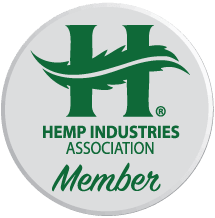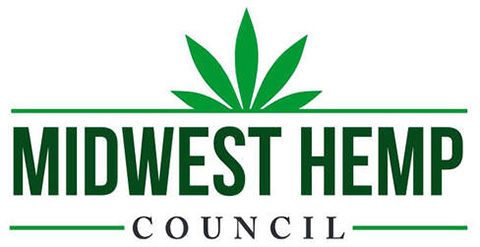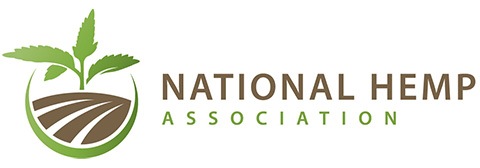


The overall assessed price for CBD Biomass turned downward after two months of stability. We noted in last month’s report that biomass prices in 2021 began to trend downward from January onward. In 2021, the aggregate assessed price for CBD Biomass dropped about 11% from January to March, from $0.53 to $0.47 / %CBD / pound. This week’s decline makes for an 8% downturn from the first to the final month of the first quarter.
Prices for CBD extracts once again declined this month for the most part, although Broad and Full Spectrum CBD Distillate bucked that trend. Meanwhile, the assessed price for THC Free CBD Distillate dropped significantly, though rates for such product remain well above other types of hemp-cannabinoid extracts. Recently available financial filings from companies such as Charlotte’s Web and cbdMD indicate that retail sales of CBD products continue to be relatively stagnant, while inventories of unsold products, and inputs to manufacture them, are significant.
Prices for most types of genetics – namely CBD Clones, Industrial Seeds, and Feminized CBD Seeds, as well as CBG Clones – again displayed price increases this month as producers look to secure stock for the coming season. Notably, prices for genetics are a good bit higher year-on-year, another example of inflated prices for inputs faced by hemp farmers. Compared to March 2021, this month’s CBD clone prices are up 70%, feminized CBD seed prices are up 29%, CBG seed prices are up 8%, and CBG clones prices are 25%. Industrial seed prices have demonstrated the most stability and are up only 3% year-on-year.
The observed price for Delta-8 THC Distillate declined for the ninth consecutive month, slipping 6% from February to average $681 per kilogram this month. The low end of the reported price range fell to $430 per kilogram. The high end of the observed price range also declined, to $950 per kilogram.
Delta-10 THC Distillate averaged $2,123 per kilogram in March, down 10% from February, when we observed a 9% month-on-month downturn. Prices for delta-10 THC have fallen each month after Hemp Benchmarks began reporting them in October 2021. Observed deals for delta-10 THC ranged between $900 and $2,500 per kilogram this month, with the high end of the range seeing a $500 month-on-month drop.
Assessed prices for greenhouse and outdoor-grown smokable CBD Flower rose this month. Outdoor flower’s increase recovered a good bit of the 21% downturn observed for the grow type in February.
Indoor-Grown CBD Flower (Bulk)
Greenhouse-Grown CBD Flower (Bulk)
Outdoor-Grown CBD Flower (Bulk)
Smokable CBG Flower* prices fell 10% this month. After relative stability in the latter months of 2021, prices for this product type are down 12% from the beginning of 2022.
The average observed price for CBN Isolate in January was $3,415 per kilogram, down about 4% from February after a rare rise last month. Individual transactions were reported to span between $2,600 and $4,200 per kilogram this month. The high end of the observed price range, dropped significantly, from $6,000 per kilogram last month.
[*Editor’s Note: The prices quoted above for Delta-8 THC Distillate, Delta-10 THC Distillate, Smokable CBG Flower, and CBN Isolate are raw transaction data and do not constitute official Hemp Benchmarks price assessments. Transaction data for such products is currently being vetted to meet Hemp Benchmarks methodology requirements, which include, but are not limited to, several months of statistically significant data and consistent or increasing transaction volume.]
CBD Biomass, smokable flower, and extract prices slide; Delta-8 and Delta-10 THC price erosion continues; prices for hemp seeds and clones up significantly year-on-year.
World events lead to hemp facing uphill climb against traditional grain crops for acreage; yet, experienced industry veterans push to grow fiber, grain, cannabinoid sectors.
LAIHA Ambassador to Peru provides rundown on prospects and potential of hemp legalization in the country.
Shipping costs relatively stable from February to March, according to Fide Freight.
Industry stakeholders continue to push FDA over hemp as animal feed; arguments in case challenging DEA rules to occur in April.
Hemp rebar being investigated; public-private research consortium announced; potentially beneficial compounds found in hemp seed shells.
Developments in hemp regulation, licensing and acreage, and growing conditions from numerous states.


